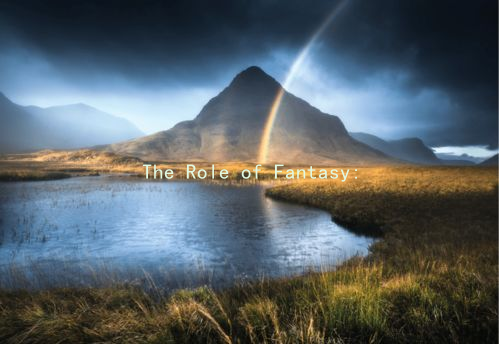Two-Sex Fetuses and Relationship Dynamics: How Gender Expectations Can Affect Your Love Life
Two-Sex Fetuses and Relationship Dynamics: How Gender Expectations Can Affect Your Love Life
In today’s fast-paced world, the dynamics of relationships are continually changing. One fascinating aspect of this evolution is how gender expectations influence our love lives from the moment we are conceived. The term two-sex fetuses highlights the biological and societal constructs that come into play before we even take our first breath. These constructs can significantly impact our behaviors, roles, and expectations in romantic relationships.
From the beginning, society imposes expectations on us based on gender. Boys are often encouraged to be tough, independent, and assertive, while girls are taught to be nurturing, sensitive, and accommodating. These ingrained stereotypes can lead to significant differences in how men and women approach dating, love, and relationship dynamics.
For example, a man may feel pressured to take the lead in dating scenarios, interpreting assertiveness as a sign of masculinity. This can manifest in traditional dating scenarios, where he feels obligated to plan dates, make the first move, and even initiate difficult conversations. On the other hand, women may feel compelled to conform to a submissive role, often nurturing the relationship and prioritizing their partner’s needs over their own.
Such dynamics can create imbalances in communication and emotional expression within a relationship. Men may struggle to express vulnerability, feeling that they must maintain a facade of strength, while women might suppress their own desires and assertiveness due to fear of being perceived as less feminine. Ultimately, these expectations can hinder open communication and genuine emotional connections.
To navigate these gender expectations and foster a healthy relationship dynamic, its essential to engage in open dialogue. Partners should communicate their needs and desires clearly, and avoid making assumptions based on gender roles. Here are a few practical tips to help balance the dynamics:
1. Challenge Stereotypes: Both partners should actively work to challenge traditional gender roles within the relationship. Encourage each other to express emotions freely and take on tasks that might traditionally be assigned based on gender.

2. Set Shared Goals: Discuss goals for the relationship together. This collaborative approach can help both partners feel equally invested and valued, promoting a sense of partnership rather than dominance or submission.
3. Practice Active Listening: Make a conscious effort to listen to each other without interruption. Active listening encourages empathy and understanding, allowing both partners to feel safe expressing their thoughts and feelings.
4. Embrace Vulnerability: Vulnerability is often seen as a weakness, especially for men. However, allowing yourself to be vulnerable can strengthen emotional bonds and foster trust. Create a safe space for sharing insecurities and fears.
5. Reevaluate Expectations: Regular check-ins about the relationship can help partners reassess their expectations. Discuss what roles each partner is comfortable taking on and make adjustments as necessary.
By taking these steps, couples can create a more balanced and fulfilling relationship dynamic. It’s essential to remember that love is a partnership in which both individuals should feel respected and valued, regardless of their gender. Breaking free from the confines of traditional gender expectations can lead to deeper connections and a more harmonious love life.
In conclusion, the influence of gender expectations on relationships signifies a larger cultural narrative that can shape our understanding of love and partnership from the very beginning. By recognizing these influences and actively working to counteract their effects, we can create relationships that are grounded in equality, respect, and mutual understanding. After all, a fulfilling love life thrives not on adherence to societal norms, but on the unique dynamics shared between two individuals.





